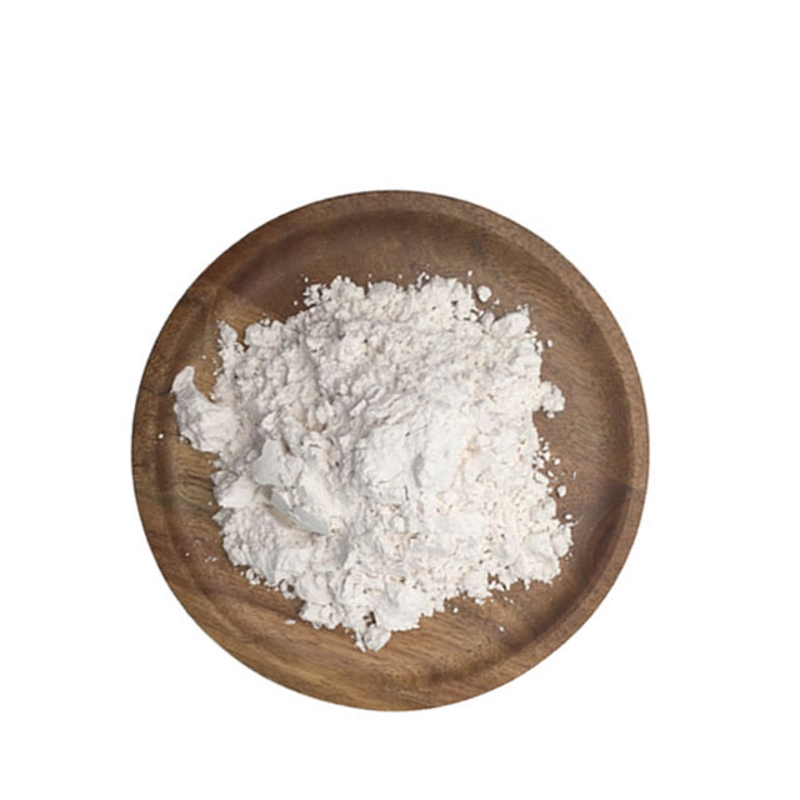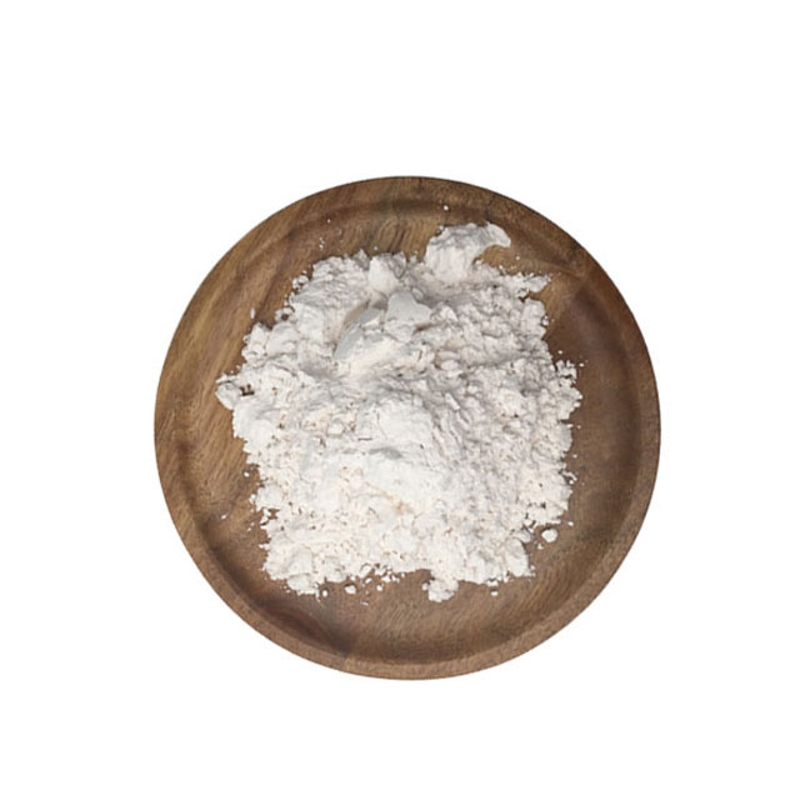-
Categories
-
Pharmaceutical Intermediates
-
Active Pharmaceutical Ingredients
-
Food Additives
- Industrial Coatings
- Agrochemicals
- Dyes and Pigments
- Surfactant
- Flavors and Fragrances
- Chemical Reagents
- Catalyst and Auxiliary
- Natural Products
- Inorganic Chemistry
-
Organic Chemistry
-
Biochemical Engineering
- Analytical Chemistry
- Cosmetic Ingredient
-
Pharmaceutical Intermediates
Promotion
ECHEMI Mall
Wholesale
Weekly Price
Exhibition
News
-
Trade Service
December 14, 2020 /--- In a new study, researchers at the University of California, Davis, have developed a non-hallucinogenic version of the psychedelic drug ibogaine, which has the potential to treat addiction, depression and other mental illnesses.
results were published online December 9, 2020 in the journal Nature under the title "A non-hallucinogenic psychedelic analogue with therapeutic potential".
TBG is safer than Iberg alkali, pictured from Nature, 2020, doi:10.1038/s41586-020-3008-z.
is the most powerful drug we know to affect the brain," said David Olson, an assistant professor of chemistry at the University of California, Davis and author of the study.
't believe we know much about them.
" is extracted from the plant Tabernanthe iboga.
there are rumors that it can have powerful anti-addiction effects, such as reducing drug cravings and preventing the recurrence of addiction.
also have serious side effects, including hallucinations and cardiac toxicity, and under U.S. law, the drug is a Schedule 1 controlled drug.
Olson's lab at the University of California, Davis, is one of the few in the United States to be allowed to use Schedule 1 substances.
they set out to build a synthetic similar to the Iberg alkali, which retains both therapeutic properties and the adverse effects of the psychedelic compound.
Olson team studied a series of similar compounds by replacing some of the components of the Iberg alkali molecule.
they designed a new synthetic molecule and named it tabernanthalog (TBG).
models of anxiety, depression and addiction are different from Iberg's, a new molecule that is water-soluble and can be synthesized in one step.
using cell cultures and zebrafish showed that it was less toxic than Iberg alkali, which can cause heart attacks and has killed several people.
TBG can increase the formation of new synapses (branches) in rat nerve cells, as well as the formation of new synapses (spine) on these synapses.
This is similar to the effects of drugs such as ketamine, ergotyl diacetamine (LSD), 3,4-MDMA and dmetamine (DMT, an active ingredient in plant extract dead rattan water) on connections between nerve cells.
, however, TBG did not cause a convulsive reaction to the head of mice, which is known to be associated with human hallucinations.
series of experiments in rodent models of depression and addiction have shown that the new drug has the hope of having a positive effect.
animal models --- are conducted in accordance with national health systems and reviewed and approved by the Institutional Animal Management and Use Committee--- remain critical to investigating complex mental illnesses.
were trained to drink reduced their intake after taking a dose of TBG.
rats were trained to link light and pitch to pressing levers to obtain heroin.
when the opiate was taken away, the rats showed signs of withdrawal and pressed the lever again at the prompting of light and sound.
rats were treated with TBG, which has a long-term inhibitory effect on the recurrence of addiction to this opiate.
Olson believes TBG works by altering the structure of neurons in key brain circuits involved in depression, anxiety, post-traumatic stress disorder and addiction.
, "We've been focused on treating a mental illness at once, but we know there's overlap between these diseases," Olson said.
may be able to treat a variety of diseases with the same drug.
fact, psychedelic therapy has been attracting new interest in recent years.
, however, personal "trips" with patients can be time-timed and costly, requiring hours of close medical supervision in addition to possible negative effects.
, Olson said, "We need a drug that people can put in the medicine box, and that's an important step in that direction."
" (Bioon.com) Reference: 1. Lindsay P. Cameron et al. A non-hallucinogenic psychedelic analogue with therapeutic potential. Nature, 2020, doi:10.1038/s41586-020-3008-z.2.New compound related to psychedelic ibogaine could treat addiction, depression re-engineered for potential use in the clinic。







